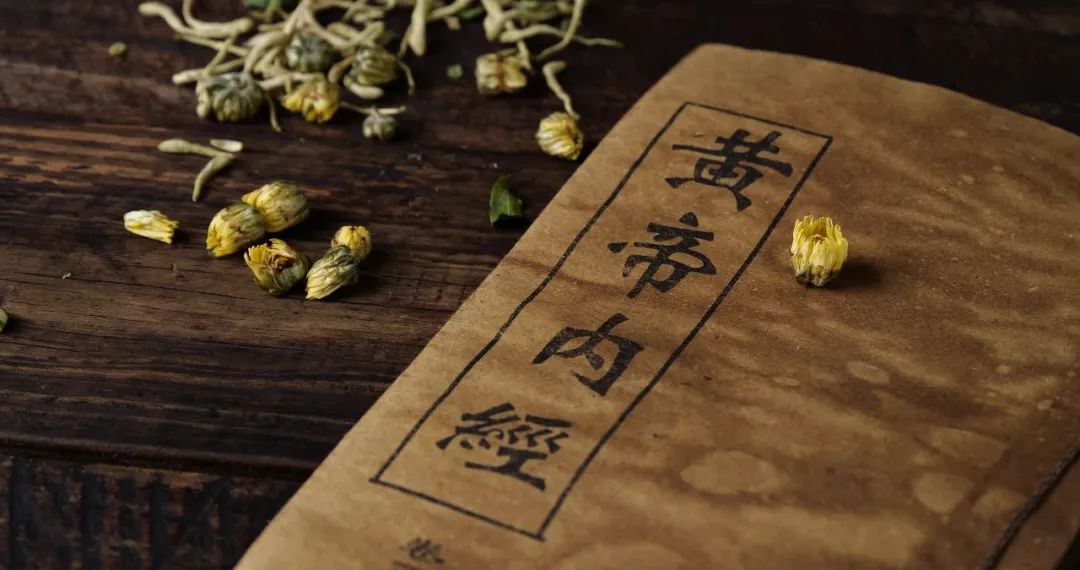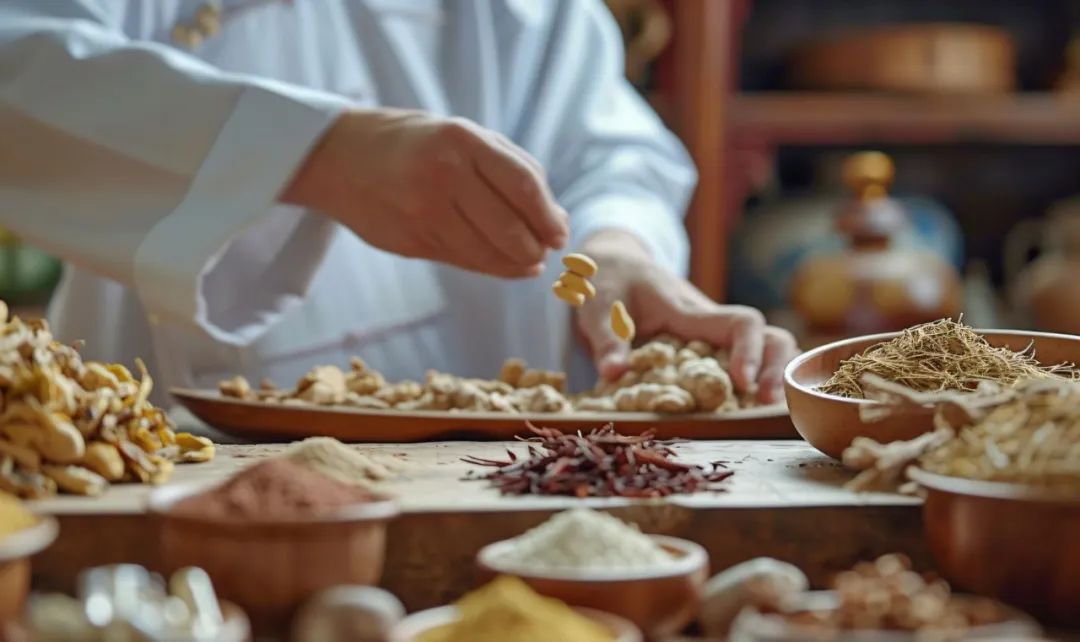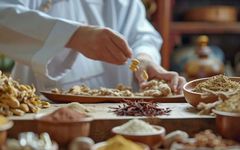

In Traditional Chinese Medicine (TCM), the heart (xin), liver (gan), spleen (pi), lung (fei), and kidney (shen) are not only vital organs but also key to maintaining life activities and regulating the body’s balance. The following are the principles of nurturing the five organs summarized from the TCM classic “Huangdi Neijing” and TCM wisdom, aimed at guiding everyone in scientific health preservation to maintain physical and mental well-being.
#1
The liver fears stagnation and needs to soothe and relieve depression.

As stated in the “Huangdi Neijing”: “The liver is the official of the general, from which strategies emerge.” The liver governs the smooth flow of qi and dislikes stagnation. Excessive drinking, emotional distress, and overuse of the eyes can lead to liver qi stagnation, affecting its normal function. Therefore, the key to nurturing the liver is:
1. Maintain a cheerful mood, avoid excessive emotional fluctuations to soothe the liver and relieve depression, aligning with the liver’s preference for smooth flow.
2. Control alcohol intake; moderate drinking can invigorate blood, but excessive drinking harms the liver, obstructing its function.
3. Pay attention to eye hygiene, avoid prolonged screen time to prevent liver blood deficiency, which affects the liver’s nourishing function.
#2
The heart fears fatigue and needs to nourish and calm the spirit.

The heart governs the blood vessels and is the sovereign organ, from which the spirit emerges. The “Huangdi Neijing” emphasizes the importance of the heart, stating, “The heart is the root of life and the transformation of the spirit.” A vigorous heart qi results in a rosy complexion, while a weak heart qi can lead to symptoms such as chest tightness and heart weakness. The essentials of nourishing the heart are:
1. Rest or meditate quietly at noon to nourish heart qi, but avoid sleeping immediately after lunch to prevent disturbing the spirit.
2. Engage in aerobic exercise and get sunlight to promote qi and blood circulation, keeping the mood pleasant and the spirit calm.
3. Avoid excessive information intake to prevent restlessness and maintain the tranquility of the spirit.
#3
The spleen and stomach dislike cold, needing warmth to nourish.

The spleen and stomach are the foundation of postnatal life and the source of qi and blood. The “Huangdi Neijing” states: “The spleen and stomach are the granaries, from which the five flavors emerge.” A strong spleen and stomach can transform food and drink into essence to nourish the body. Thus, the key to nurturing the spleen and stomach is:
1. Eat in moderation and avoid cold foods to prevent damage to the spleen and stomach’s yang qi, affecting their transformation function.
2. Consume sweet foods like yam (shan yao) and sweet potatoes (hong shu) to nourish qi and blood, harmonizing the spleen and stomach, in accordance with their preference for sweetness.
3. Avoid excessive worrying to prevent damage to spleen qi, affecting digestion and absorption, maintaining the spleen and stomach’s healthy operation.
#4
The lung fears poor environment and needs to clear and moisten.

The lung governs qi and respiration, serving as the ministerial organ. The “Huangdi Neijing” states: “The lung is the source of qi and the place of the po (corporeal soul).” The lung has high demands for environmental quality; fresh air is essential for its normal function. Therefore, the essentials of nurturing the lung are:
1. Keep the air fresh and avoid prolonged exposure to polluted environments to prevent lung qi damage.
2. Engage in breathing exercises, such as deep breathing and chest expansion, to enhance lung function and promote the dissemination and descending of lung qi.
3. Consume foods rich in vitamins, such as tremella (yin er) and autumn pears (qiu li), to clear and moisten the lungs, maintaining their moist state.
#5
The kidney cannot lack water and needs to nourish yin and replenish the kidney.

The kidney governs water and stores essence, being the foundation of congenital life. The “Huangdi Neijing” emphasizes the importance of the kidney, stating, “The kidney governs water and stores the essence of the five organs and six bowels.” A strong kidney function can regulate fluid metabolism and maintain internal environmental stability. Thus, the key to protecting the kidney is:
1. Maintain a light diet, drink water in moderation, and avoid excessive salt intake to prevent damage to kidney yin, affecting its nourishing function.
2. Avoid staying up late and overexertion to prevent depleting kidney essence, maintaining the kidney’s fullness and vitality.
3. Use methods such as soaking feet in hot water and massaging the soles to strengthen the kidney and nourish yin, promoting blood circulation and metabolic function of the kidneys. Foods like walnuts (he tao), black sesame (hei zhi ma), and goji berries (gou qi zi) can also help replenish the kidneys.

In summary, the principles of nurturing the heart, liver, spleen, lung, and kidney lie in aligning with their physiological characteristics, avoiding harmful habits, and maintaining and enhancing their functions through reasonable diet, rest, and exercise. This is essential for achieving harmony and health of body and mind.


